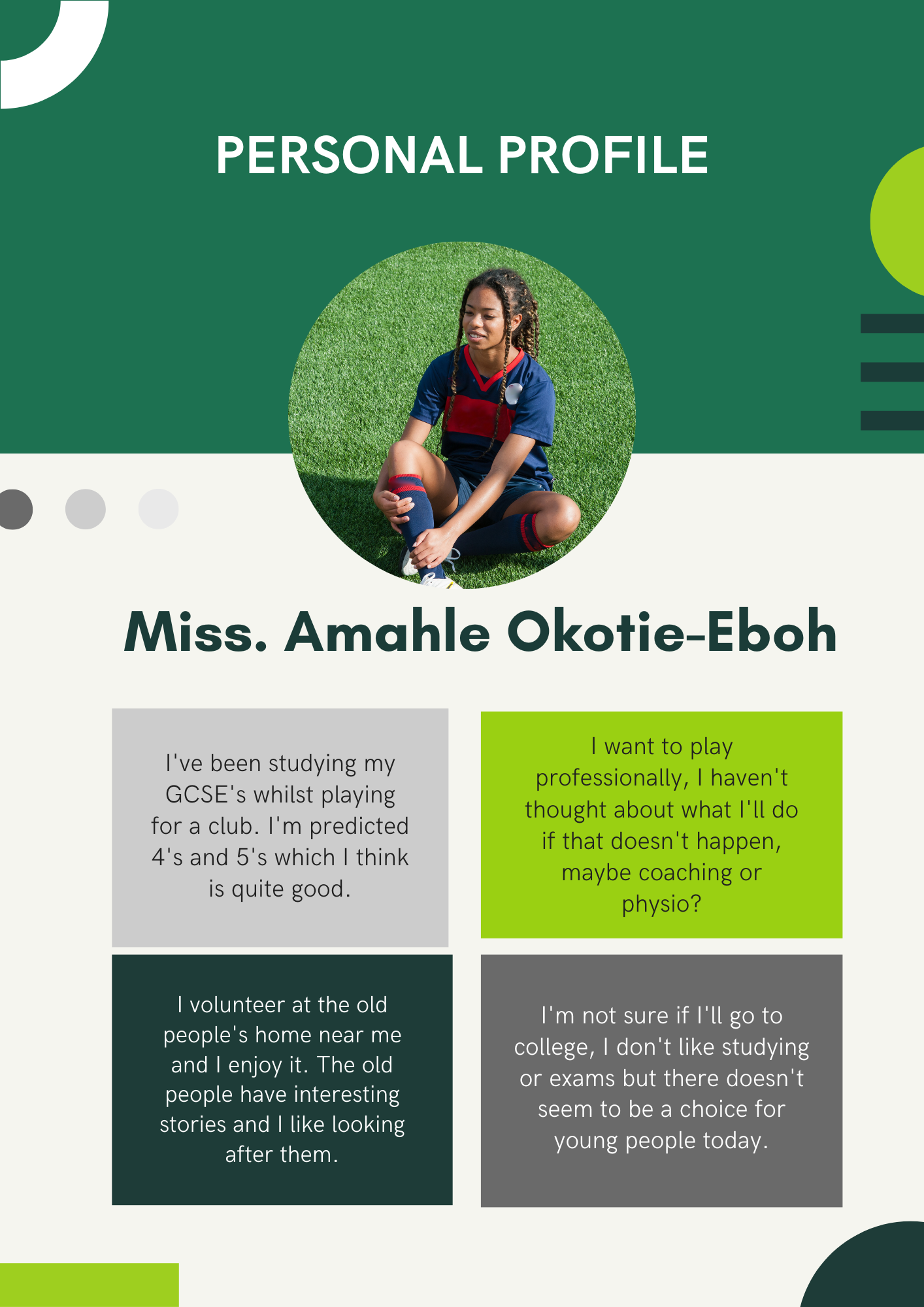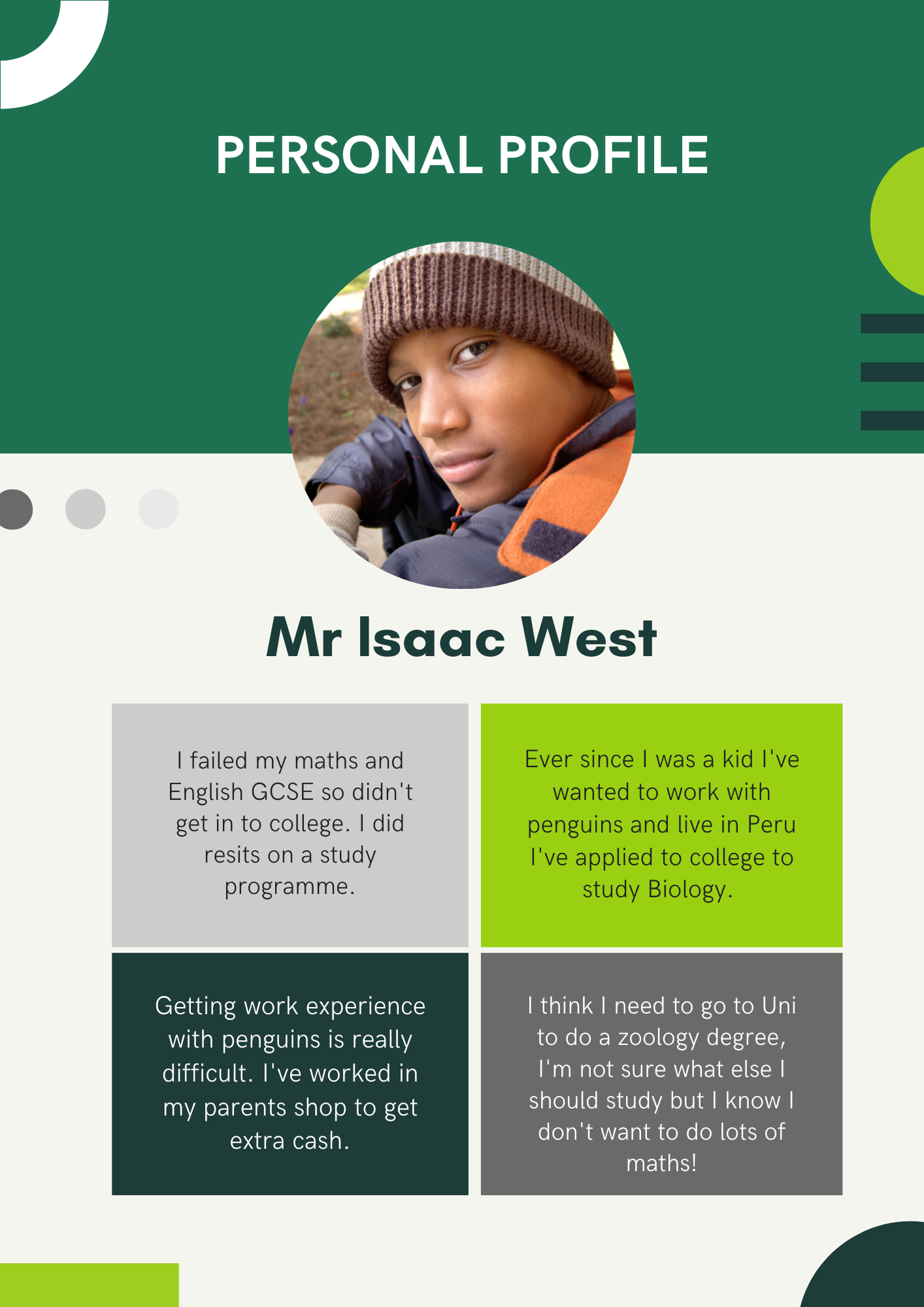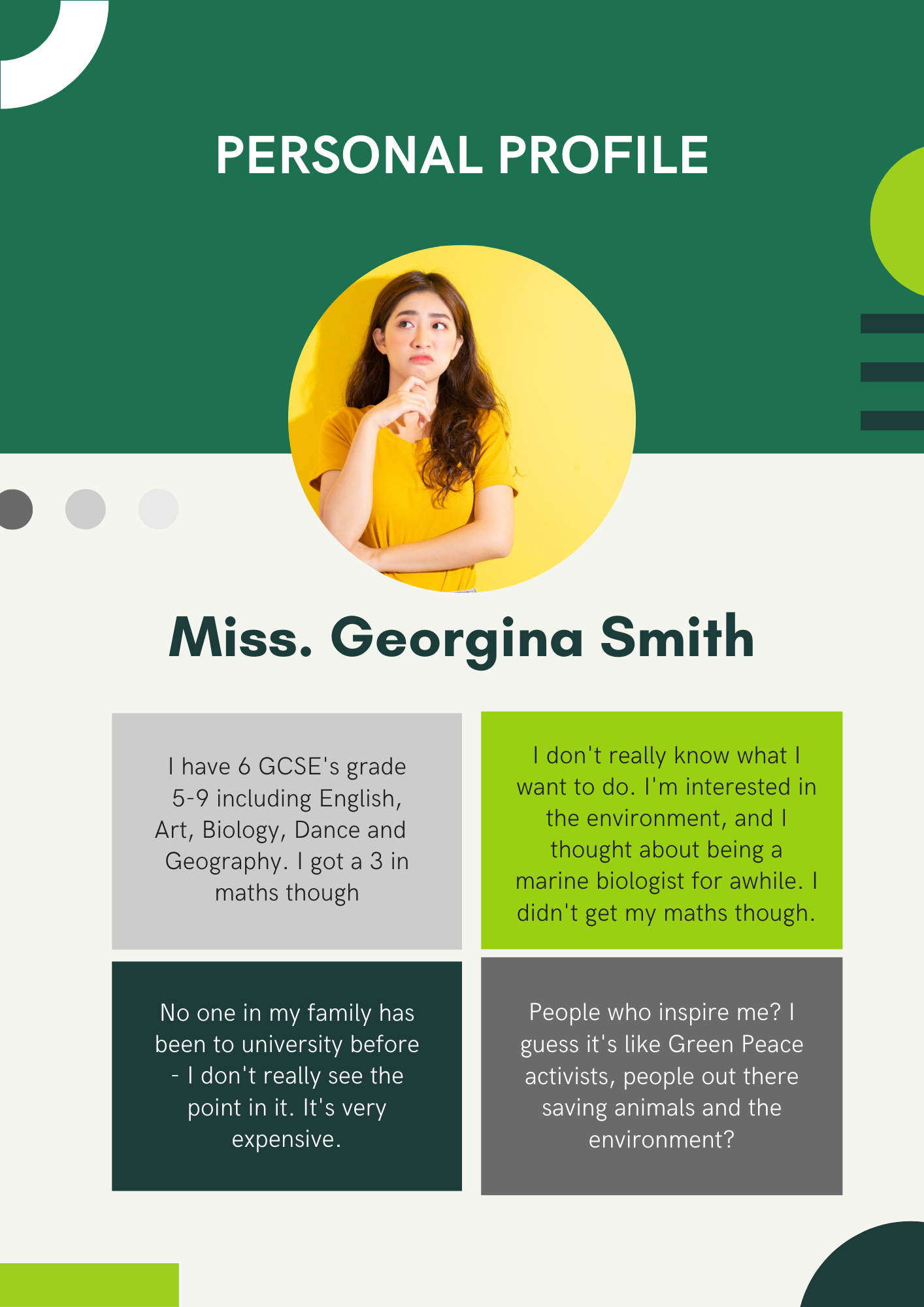Be a Careers Advisor: ‘Find the Pathway’ Game
Being a careers advisor is a tough job! You need to know about lots of different jobs, sectors and careers, as well as their entry requirements, day-to-day responsibilities, earning potential and career prospects. You need to be able to guide students towards different work and study routes based on their skills, experience and interests. So how do students fair when the tables are turned? Have a go at being a careers advisor with our ‘Find the Pathway Game’.
This short game – ideal to play in the classroom or at home – helps you to consider the best study, training and employment pathways based on individual preferences. This could be your favourite subjects, how you like to learn, your hobbies or interests, skills or career aspirations. It encourages students to think objectively about how different routes may work best for different people with different circumstances and thereby consider a broader array of further and higher education options. It’s a great way to encourage those with little idea of what they want to do in the future, as well as challenging those with preconceived ideas who think they’ve already made their minds up!
Use this activity as a prompt to learn more about the different sectors, study pathways, training routes and career outcomes with our Career Guides or Day-in-the-Life Employer Videos. Remind students that there’s more than one way to reach the same end career goal and lots of related career options if your first choice doesn’t pan out.
How to use
This discussion-based ‘Find the Pathway’ Game puts students in the role of Careers Advisor for the day. Faced with guiding a set of young people, like themselves, on their future career journeys. It encourages students to use their knowledge of different study routes at 16 and 18 to advise students on what to do next and consider their long-term career goals. Crucially, there are no right or wrong answers, so this activity prompts conversations about potential choices and why students believe these assumptions to be good (or bad) advice.
Time to Play: 10-45 minutes – this could be a quick activity in form time or used as part of a longer careers session. It ideally follows a lesson or assembly discussing different study or career pathways so students can draw on this knowledge.
Setting Up: Simply print out the flashcards on A4 and divide between students. You can give one card per person or a number of cards per table and assign them to work in pairs or small groups.
Instructions:
There are four boxes on each profile card, each containing key details about that student’s current circumstances. The first explains what they have studied at school or college, including their grades and whether they have enjoyed this stage. The next three boxes provide more information on the student’s interests, hobbies, skills or competencies, learning style, career aspirations or challenges and concerns.
Ask students to read their personal profile cards in detail and consider what advice they would give if they were the careers advisor for the day. This could include:
- What is the student’s current situation?
- Do you think they have made a good/bad choice? Why?
- What are they good at? What are their strengths?
- What evidence would you recommend they collect to showcase their skills? How could they highlight these strengths in a CV or interview for college/uni/apprenticeship/job?
- What challenges have they faced or might they come up against in the future?
- Do they have a career goal in mind? What jobs could this include?
- What inspires or interests them? How could this help them find a job or career?
- What options do they have for next steps to continue with education? E.g. College/Sixth Form/University/HE College or A-Levels/T-Levels/BTECs/NVQs/Apprenticeships/Degree.
- Why would you recommend that study route?
- What skills will they need for the future? Why are these important?
- What sort of work experience would be beneficial to this person?
- What jobs or career paths would this person not be suited to?
- Are there any alternatives? What Plan B would you recommend if their first choice didn’t work out?
You may wish to print out these questions, write them on the board or add your own.
Once students have discussed their card(s) and shared their ideas with the group, they can then use the blank personal profile card provided to create a card of their own. This could be a fictional students or about their own circumstances. Can they share this with a friend or with the class? What advice would be given for their own next steps or future career plans?






